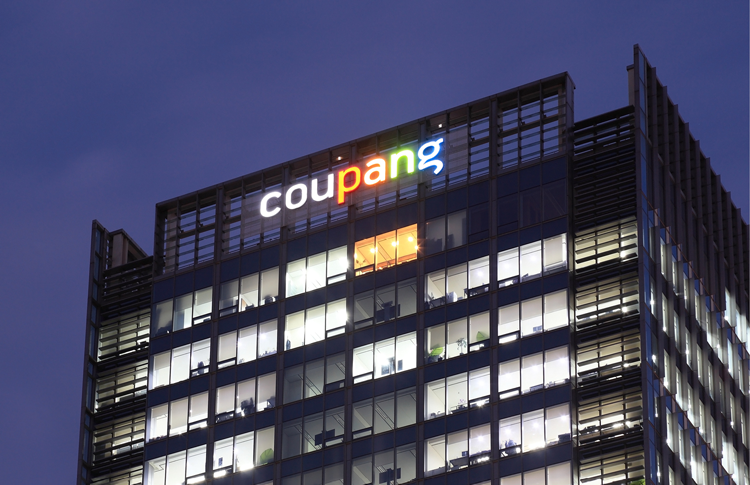
South Korea is currently witnessing a flurry of unicorns, driven by government support and pandemic-related factors, with successful start-ups increasingly looking to stock markets overseas for bigger investments.
Among the biggest names has been South Korean e-commerce startup Coupang, which “cashed in on the record run in U.S. capital markets,” according to Reuters. And back in January, of the 13 unicorns in South Korea, seven were preparing for trading debuts in 2021, according to the Ministry of SMEs and Startups.
Last year, according to the Korea Herald, Woowa Brothers, operator of South Korea’s biggest food delivery service Baedal Minjok was acquired by Germany’s Delivery Hero for 4.8 trillion won ($4.2 billion), becoming the biggest M&A deal of a Korea unicorn by a foreign company on record, while mobile game developer Krafton, and reservation plat-form firm Yanolja are both planning to go public this year.
Kwang-Wook Lee, partner at Yoon & Yang, says the COVID-19 pandemic has been the primary driver behind the “exponential” growth of the South Korean unicorns.
“The disruption caused by the pandemic has pulled investments into the newly-emerging industries such as the contactless and platform industries. These investments have, in turn, been supported by the unprecedented low interest rate in the finance industry,” Lee says.
“The successful IPOs of Big Hit Entertainment (currently HYBE Corporation) and Kakao Games in Korea, and of Palantir Technologies and Snowflake in the New York Stock Exchange have added a new level of confidence in the management of the South Korean unicorns,” Lee adds.
The successful listing of Coupang on NASDAQ in the U.S. may lead other South Korean unicorns to consider a similar path.
Sungmin Kim, a partner at Lee & Ko says for the start-ups in the industries that benefited from the pandemic, such as e-commerce and video games, “2020 was clearly a good year.”
“These start-ups saw increase in revenue, earnings, and investment. Coupang is a good example. Its revenue jumped 91 percent year-on-year to $12 billion; its operating loss was reduced by 20 percent year-on-year to $528 million; and its IPO in the United States raised $4.6 billion, making it the biggest U.S. IPO by an Asian company since Alibaba,” Kim adds.
In the second half of 2020, invest-ment increased and “the momentum is expected to continue,” says Kim.
“The overall investment to start-ups in the third and fourth quarters of 2020 was up quarter-on-quarter, and the investment would likely increase as we adopt to and overcome the COVID-19 pandemic. We had many M&As involving start-ups during the second half of 2020, and this trend would also continue into 2021,” Kim says.
The unicorns planning to go public this year are already attracting a lot of public attention, including “Krafton, a gaming firm valued at about six trillion won, and Market Kurly, an overnight grocery delivery service which is nearing a valuation of one trillion won,” Kim says.
Following the trend, Lee expects work relating to IPOs and M&As will grow, “especially with companies that show high potential for growth.”
“We also expect more intellectual property disputes to arise, as companies will try to protect their technology and intellectual property rights from others competing on similar business models. Issues relating to competition law will also emerge following mergers and acquisitions. Finally, intellectual prop-erty and competition law are areas where criminal liability may also exist,” he adds.
Kim says his firm has been kept busy by a number of large IPOs, which has created a need for work around structuring transaction and advising underwriters. “There are several IPOs currently underway for which we are providing legal advice. After the IPOs, companies often engage in mergers and acquisitions with the money they raised to expand the current business or enter a new market,” Kim says.
But as start-ups grow, they are also requiring non-IPO support. “Some start-ups receive big investments from the early stage and are willing to pay more money to receive high-quality legal service. Start-ups are more liberal, flexible, and creative. They bring novel issues to law firms and seek innovative solutions. As such, law firms or lawyers dealing with start-ups must themselves become more liberal, flexible, and crea-tive,” Kim says.
To contact the editorial team, please email ALBEditor@thomsonreuters.com.


